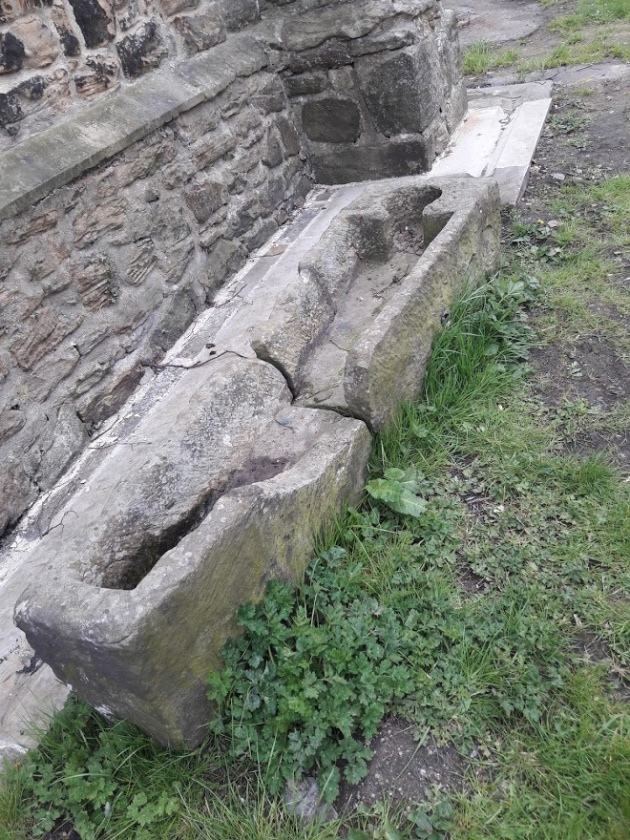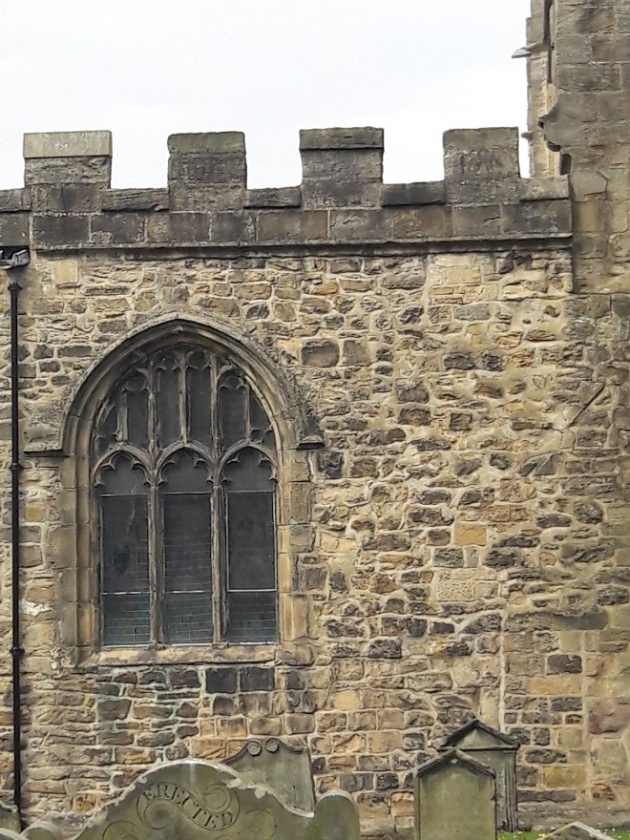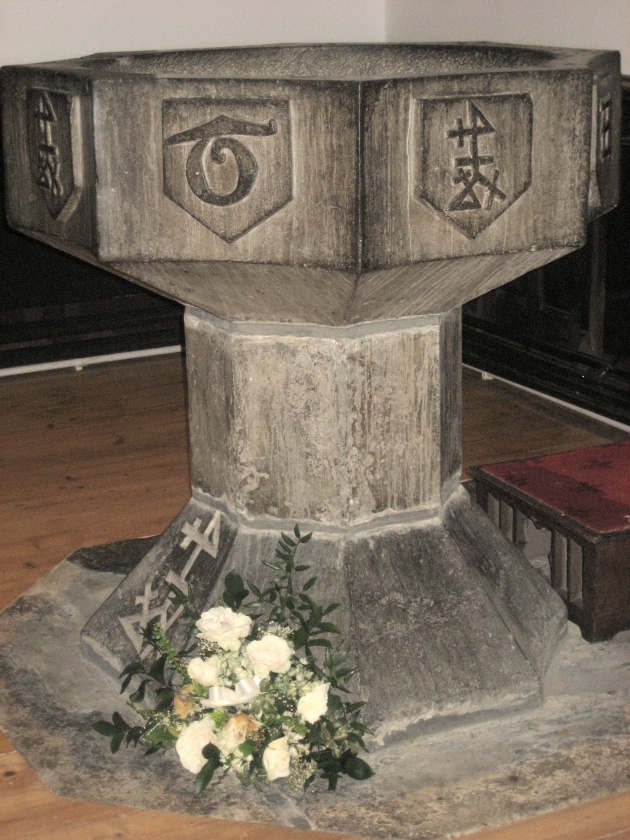St Mary's vicars - Tudor Era
A time of religious reform and change at St Mary's as its rood-screen and loft, and chantry chapels are removed by royal decree, and parishioners complain to the Bishop about their priest's 'failings'...
Tudor Era
1501 – Jacobus Pratt – Pratt was chaplain of the parish whilst a Johannes Hilton was a chantry priest in St Mary’s at that time.
1531 – John Smythe – described as the last incumbent of the perpetual chantry in the chapel of the Blessed Virgin Mary of Barnard Castle [contradicted by ‘Peter Carter”s designation in church records]
1533 – Peter Carter – chantry priest to the chantry of St Mary in the church
1545 – in the will of tanner Robert Parkinson, in September 1545, alongside the mention of “Hyllary prest” (Robert Hyllary who served the chapel of St Margaret within the Castle walls) are other priests who were chaplains to the church chantries which ceased two years later after the Dissolution of Colleges Act 1547. Parkinson’s first bequests are to St Mary’s:
- Fyrst and principally I give and bequeathe my Soule to almightie god to our ladie saynte Marye and to all the holie and blessede comp’ny of hevyn and my bodie to be buryied in the Church.or Chancell of our said ladie at Barn’d Castell.
- To the church 3s. 4d.
- I bequeathe to the highe Althar an offering forgot or not fully payde 12d.
- I bequeathe to every prest of the said churche being at masse or dirige the day of my buryall 6d.
- I give to the other prests 4d.
1550-58 – Robert Bennett (died 1558) – bursar and monk of Durham Priory, later Vicar of Gainford after the Dissolution. Buried in Durham Cathedral, he stated in his will: “I bequith to the poore people in Barnard Castle and Gaynforth, my parishioners, to be distributed for the welth of my soul ther, sex pounds in monye.”
1564/65-1566 – Ralph/Radulphus Bailes/Bayles. Bailes was buried in the chancel at St Mary’s and his detailed will gave instructions for 30-40 dinners to be provided for the men and women who came to his funeral, as well as 20 shillings for poor people of the parish who stand “most needy”.


1566-82 – Thomas Clerk(e)
In 1568 the churchwardens of Barnard Castle complained that Clerk was failing to use the sign of the cross in infant baptism services and they brought a case to the ecclesiastical court of the Bishop of Durham, Richard Barnes, against their priest. They argued that he also:
- refused to baptise John Cooke’s child “upon a worke day, wher he had christened others that was welthye mens children”
- refused to walk the ‘bounds’ of the parish on Rogation Days, ‘according to the Quenes injunctions’.
- refused to administer Communion to a sick man despite having the necessary number of people to receive the sacrament with him
- married people illegally: including one couple at three o’clock in the morning! The horses of the runaway wedding party were brought into the church throughout the ceremony. He also had married “an unknown tinker to a girl of twelve years old, neither being of the parish of Barnard Castle.”
- disappeared for a week, so wasn’t present to bury a number of dead who were brought to the church for interment.
The churchwardens illegally deprived Clerk of the church key between a Saturday morning and late Sunday afternoon to make their point but they were arrested and placed in the tolbooth as punishment since divine worship on Sunday was prevented by their actions.
1570 – Ralph Hightley, curate
1577 – Matthew Copperthwaite, unlicensed curate
1577-83 – Cuthbert/Cuthbertus Bradley, curate
1587 – Ralphe/Raiphe Coates, chaplain
1588 – James Dent, curate

